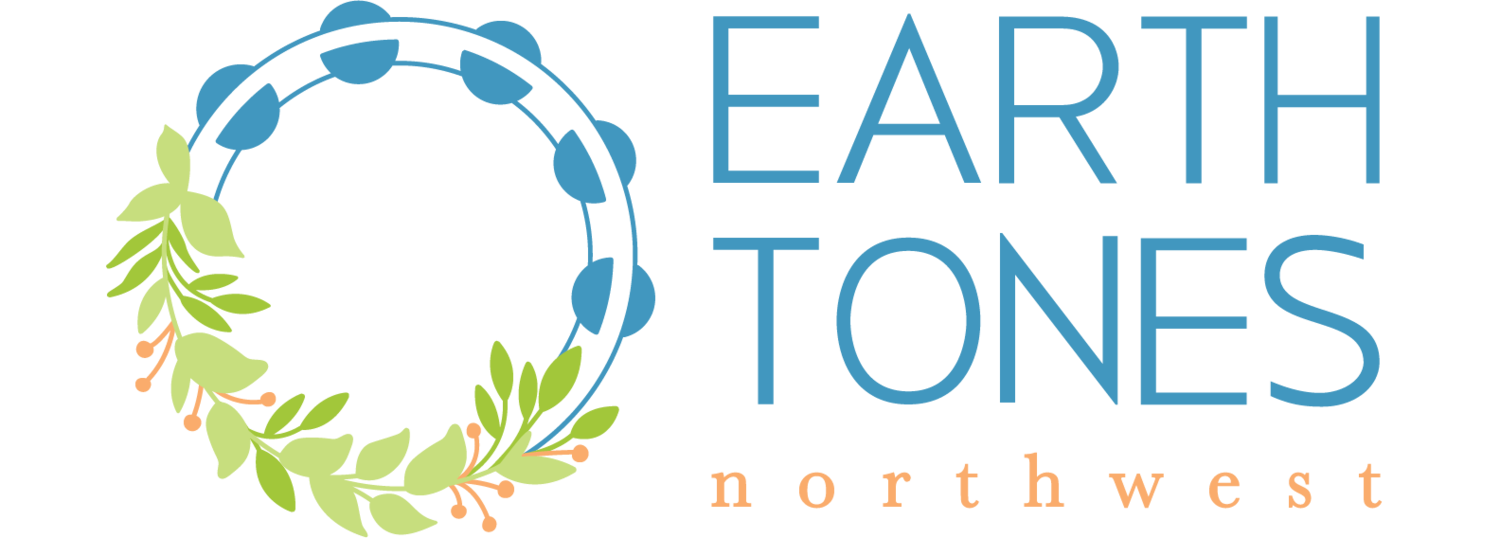
Music Therapy FAQ
What is music therapy?
Music therapy is a creative arts-based process which achieves positive health outcomes via musical experiences and therapeutic partnerships between an individual or group and a board-certified music therapist. Music therapy as a discipline in the US has roots in WWII when nurses played music for recovering veterans, and has since evolved into its own field of clinical work and study.
Am I a good candidate for music therapy services?
While most people will experience the benefits of music therapy, we frequently serve specific clinical areas. These include autism spectrum disorder, Alzheimer’s and related dementias, intellectual and developmental disabilities, mental illness, trauma, depression, Parkinson’s, stroke, traumatic brain injury and hospice care.
What benefits may be experienced from music therapy sessions?
To experience the joy of listening to, composing, creating, or reflecting on music.
To be heard, known, and empowered through song and creative expression.
To regain or improve physical, social, and cognitive skills.
To breathe, relax, and support aspects of physiological functioning.
To increase our capacity for relating to self and others through musical play, or to support a range of human development areas.
To weather life's changes, engage in life review, or support spiritual needs.
To learn new musical skills or connect to the musician and music lover in us all.
To access community arts resources and remove barriers to music access.
To uplift ourselves and our community.
To achieve a greater quality of life via unique musical experiences.
What training have Earthtones NW music therapists completed?
Every member of our professional clinical team holds a Bachelors of Music Therapy or higher, maintains the Music Therapist-Board Certified (MT-BC) credential, and is licensed to practice in Oregon. We are qualified to provide music therapy in Washington State as well as telehealth services in many other US states.
How does music therapy differ from other forms of therapy such as talk therapy?
In music therapy the client and therapist meet in musical interactions and experiences to support the client in a specific area or areas of their life. While reminiscing or talking through clinical issues may be a part of sessions, music is often the primary medium for therapeutic growth and healing. This makes music therapy accessible to all, including those who are nonverbal, find traditional talk therapy challenging, or have cognitive impairments such as Alzheimer’s or traumatic brain injuries.
Is there a body of research to support music therapy?
Yes. Research supporting music therapy has been published in prominent journals such as: Brain, The British Journal of Psychiatry, The Journal of Autism and Developmental Disorders, and Aging and Mental Health. There are more than ten peer reviewed journals worldwide having music therapy as the primary focus, including The Journal of Music Therapy and Music Therapy Perspectives.
What happens in a music therapy session? What will we do?
Sessions can involve many types of experiences in music: listening, singing, playing, songwriting, improvising, dancing, movement, and more; it is a true therapeutic partnership! Music is at the center of every session, serving as the medium through which the client and therapist will work toward individualized goals.
I don't sing or play an instrument, but I love music! Can I still participate?
Absolutely! There are so many ways to support your health through music. Our philosophy is that everyone has the capacity to benefit therapeutically from music, whether through listening, dancing, singing, or discussing. Prior experience is not necessary. Our intake and assessment involves getting to know the ways that you already enjoy music and gently introducing new ways in which you want to experience music. Call client services to see if music therapy could help you or your loved ones.

